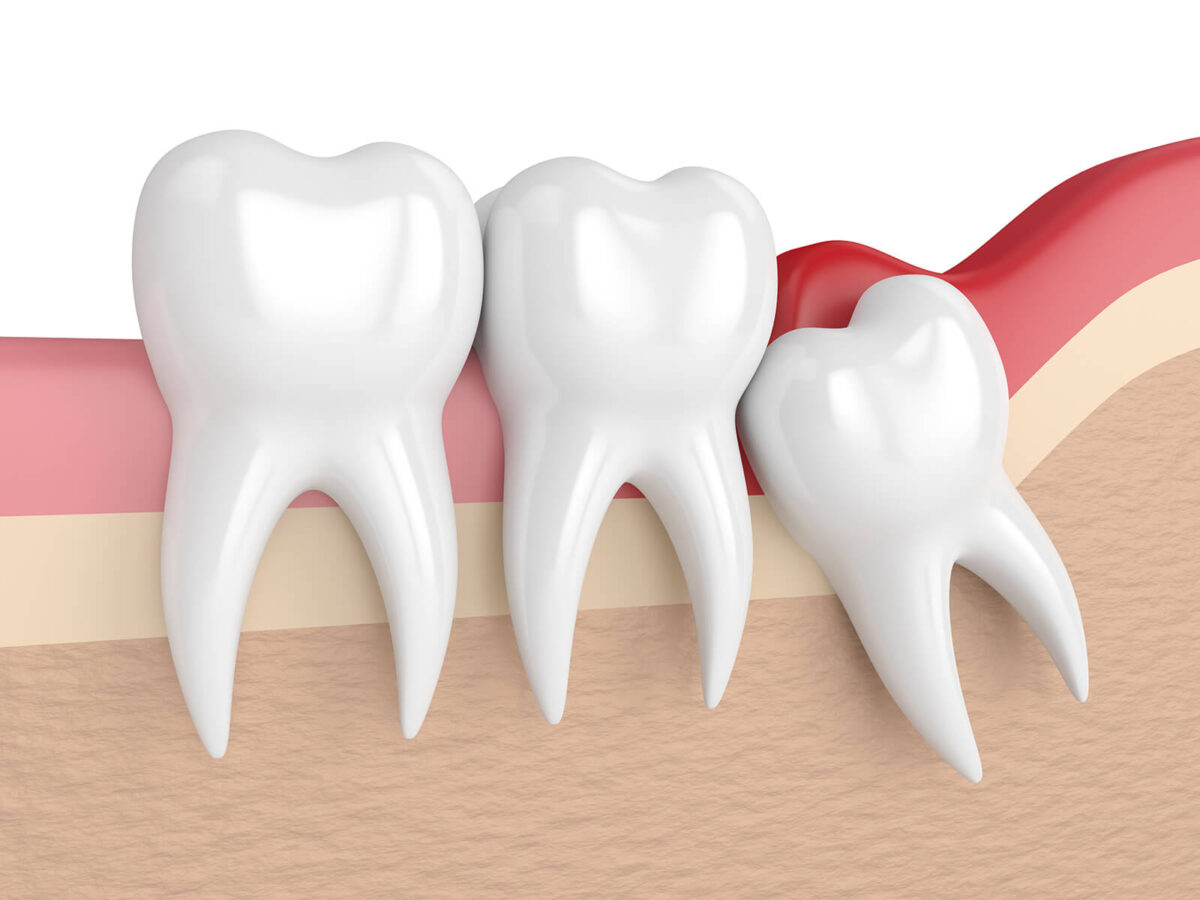Blog
Dental hygiene tips for healthy teeth & gums

The First Signs of Wisdom Teeth Coming In
Third molars are also called wisdom teeth because they are the third set of teeth that come at the end of the dental development process. The Incisors tend to show up after the early teens or at the beginning of young adulthood and may cause discomfort to the teeth if not taken care of. If you are aware of the signs that indicate the first emergence of wisdom teeth, it will help address the issue before it becomes serious. This article assists the reader in understanding the symptoms of wisdom teeth coming in, the potential problems that may arise, and how they can be managed.
What Are Wisdom Teeth?
Molars are powerful flat teeth found at the back of your jaw, and they are commonly known as wisdom teeth. The scientific name for wisdom teeth is the third molars, and every adult has four teeth because each quadrant of the mouth has one. Worrying about the possibility of developing pain, infection, or misalignment is a common concern about emerging wisdom teeth.
First Signs of Emerging Wisdom Teeth
1. Pain and Discomfort: Initial signs include pain or discomfort in the back of the mouth, ranging from mild to severe, often due to the pressure of new teeth.
2. Swelling and Redness: As wisdom teeth break through the gums, swelling and redness can occur, causing significant discomfort.
3. Tender or Bleeding Gums: Emerging wisdom teeth may cause tender or bleeding gums, especially when brushing or flossing.
4. Jaw Pain and Stiffness: Pressure from emerging wisdom teeth can lead to jaw pain and stiffness, sometimes extending to the ear or neck.
5. Headaches: The pressure and inflammation from wisdom teeth can cause headaches, typically around the temples or the back of the head.
6. Bad Breath and Unpleasant Taste: Partially erupted wisdom teeth can trap bacteria, leading to bad breath and an unpleasant taste. Good oral hygiene can help manage these symptoms.
Potential Complications
While some people experience no problems with their emerging wisdom teeth, others may encounter complications, including:
1. Impacted Wisdom Teeth:
Impacted wisdom teeth refer to a condition when the teeth cannot erupt from the gum line because of a lack of space in the mouth. This can put the teeth in a position where they become enclosed by the gum or get locked against the neighboring teeth, causing pain and even damage.
2. Infection:
The incomplete development of wisdom teeth allows food and bacteria to be trapped, which can cause infections. Some of the common indicators of infection include pain, abscess or swelling of the area, pus, and fever.
3. Misalignment:
Impacted teeth can push nearby teeth and cause crowding and bite problems. Such misalignment can lead to various dental problems and is considered an orthodontic issue that needs correction.
Managing Emerging Wisdom Teeth
1. Regular Dental Check-ups: Routine X-rays are essential for the evaluation of wisdom tooth development and early detection of problems.
2. Good Oral Hygiene: Oral hygiene measures like brushing and flossing daily and using antiseptic mouthwash to prevent infections.
3. Pain Relief: Over-the-counter medications and cold compresses can manage the pain and swelling.
4. Professional Consultation: Seek early intervention from a dentist or an oral surgeon for further management of the case, especially in cases of severe symptoms requiring tooth extraction.
Conclusion
The stages of emerging wisdom teeth can help you know when to seek an intervention. If one goes through the daily practice of maintaining good oral hygiene, having regular dental check-ups, and knowing the signs of wisdom teeth problems, it can help prevent wisdom teeth from disrupting one’s oral health. If you notice any signs of severe side effects or exacerbations, you should seek the advice of a dentist immediately to assess the situation and the steps that should be taken. Continue being aware of the process and act accordingly. It will be easy to go through the extraction process of wisdom teeth without many difficulties while ensuring you maintain a healthy smile.


